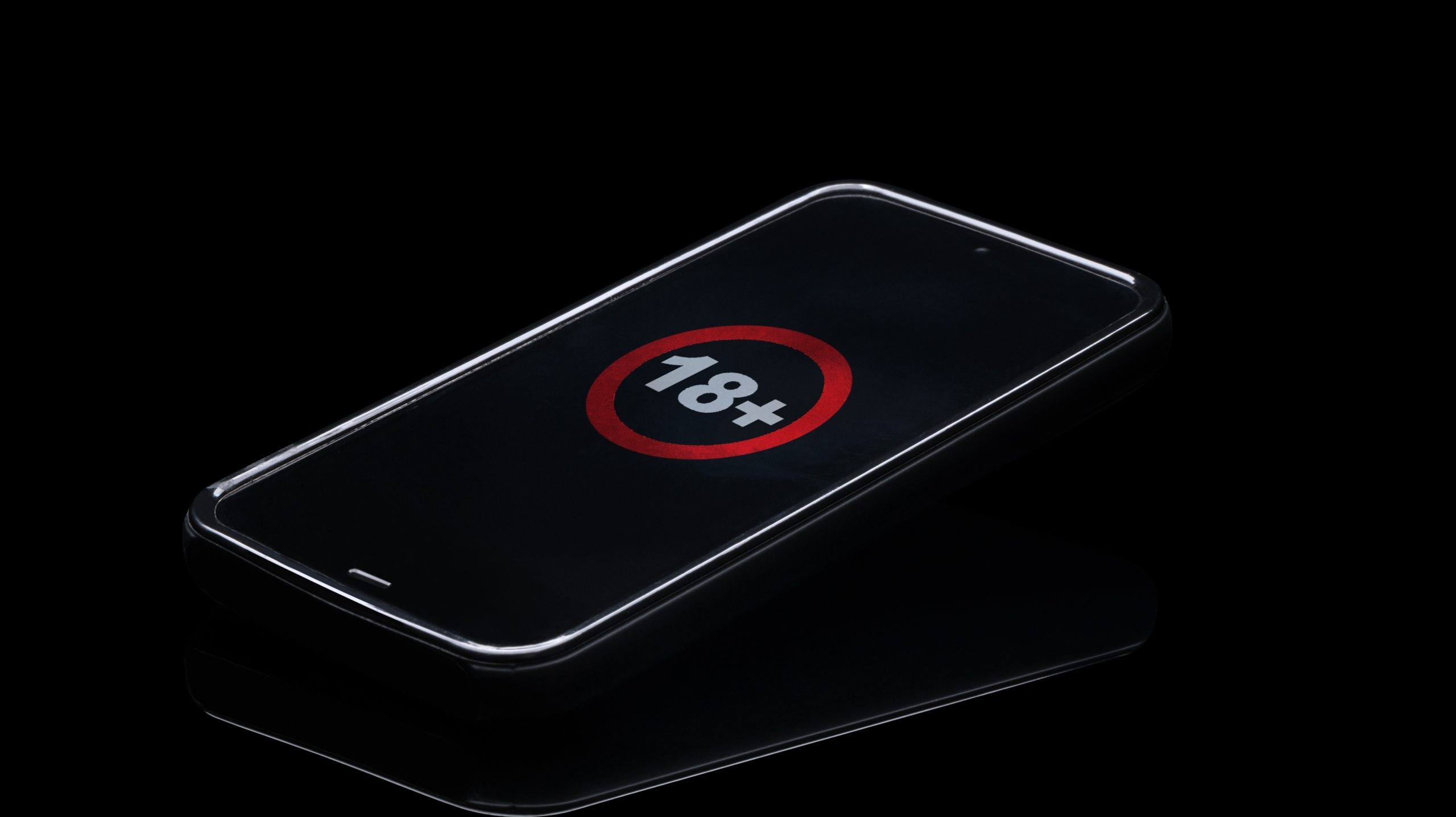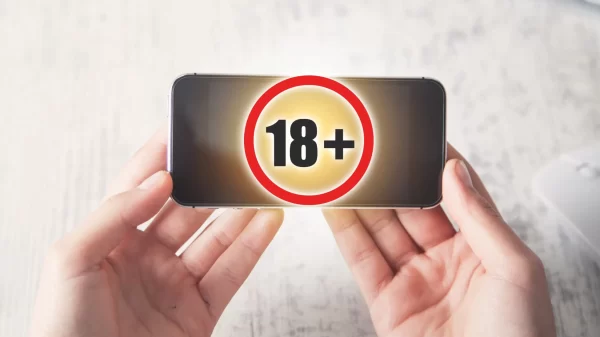Manufacturers of phones and tablets could soon be required under Alabama Law to have pornography filters turned on by default after a bill to that effect passed in the House of Representatives Tuesday.
HB296 by Rep. Chris Sells, R-Greenville, has been in the works for years, but had previously never made it out of the House Judiciary Committee. This session, the bill instead debuted in the House Committee on Small Business and Commerce, where it received support along party lines.
The bill passed on a vote of 70-8, with the debate continuing to follow the same lines of an intense committee public hearing earlier this session.
Opponents say the intent of the bill to protect children from harmful pornographic material is noble, but the execution targets the wrong entities by holding manufacturers civilly liable instead of the porn distributors. There have also been questions raised about whether the law could withstand a legal challenge on first amendment grounds.
Under the bill, communications devices in Alabama would come with basic content moderation filters turned on by default, with parents given a password and instructions in the case they wanted to turn the filters off for their own use.
The argument is that not all parents are technologically savvy enough or responsible enough to navigate through the phone settings and turn the filters on.
Language in this version of the bill offsets the civil liability of the manufacturers by accepting a “good faith attempt” to have industry-accepted content filters turned on by default; manufacturers wouldn’t be held to the standard set in the bill describing what content is harmful to minors.
There has also been concern about how the state could expand the definition of what content should be moderated as “harmful to minors” as the Legislature has bills quashing discussions on certain divisive concepts and sexual orientation and gender identity in the classroom. A bill banning drag shows in public spaces where minors are present does so by adding drag performances into Alabama’s definition of “material harmful to minors,” although the definition is separate from the one provided in this bill.
The bill now needs to clear a Senate committee and gain approval from the full Senate chamber if it is to be come law this session.





















































